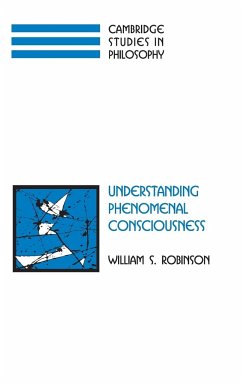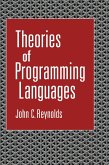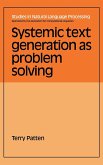William S. Robinson has for many years written insightfully about the mind-body problem. In Understanding Phenomenal Consciousness he focuses on sensory experience (e.g., pain, afterimages) and perception qualities such as colours, sounds and odours to present a dualistic view of the mind, called Qualitative Event Realism, that goes against the dominant materialist views. This theory is relevant to the development of a science of consciousness which is now being pursued not only by philosophers but by researchers in psychology and the brain sciences. This provocative book will interest students and professionals who work in the philosophy of mind and will also have cross-disciplinary appeal in cognitive psychology and the brain sciences.
Table of contents:
Part I: 1. Introduction; 2. Qualitative event realism; 3. Dualism; 4. Representationalism; 5. Transparency; 6. Higher order theories; 7. Monitoring; 8. Functionalism; 9. Scepticism and the causes of qualitative events; 10. Epiphenomenalism; Part II: 11. Unified dualism; 12. Patterns as causes of qualitative events; 13. A possible future.
Understanding Phenomenal Consciousness focuses on sensory experience and perception qualities to present a dualistic view of the mind that goes against the dominant materialist views. This book will interest students and professionals working in the philosophy of mind and will have cross-disciplinary appeal in cognitive psychology and the brain sciences.
Presents a dualistic view of the mind that goes against the dominant materialist views.
Hinweis: Dieser Artikel kann nur an eine deutsche Lieferadresse ausgeliefert werden.
Table of contents:
Part I: 1. Introduction; 2. Qualitative event realism; 3. Dualism; 4. Representationalism; 5. Transparency; 6. Higher order theories; 7. Monitoring; 8. Functionalism; 9. Scepticism and the causes of qualitative events; 10. Epiphenomenalism; Part II: 11. Unified dualism; 12. Patterns as causes of qualitative events; 13. A possible future.
Understanding Phenomenal Consciousness focuses on sensory experience and perception qualities to present a dualistic view of the mind that goes against the dominant materialist views. This book will interest students and professionals working in the philosophy of mind and will have cross-disciplinary appeal in cognitive psychology and the brain sciences.
Presents a dualistic view of the mind that goes against the dominant materialist views.
Hinweis: Dieser Artikel kann nur an eine deutsche Lieferadresse ausgeliefert werden.








